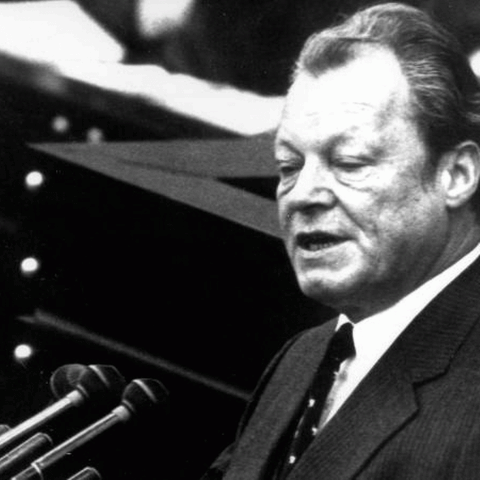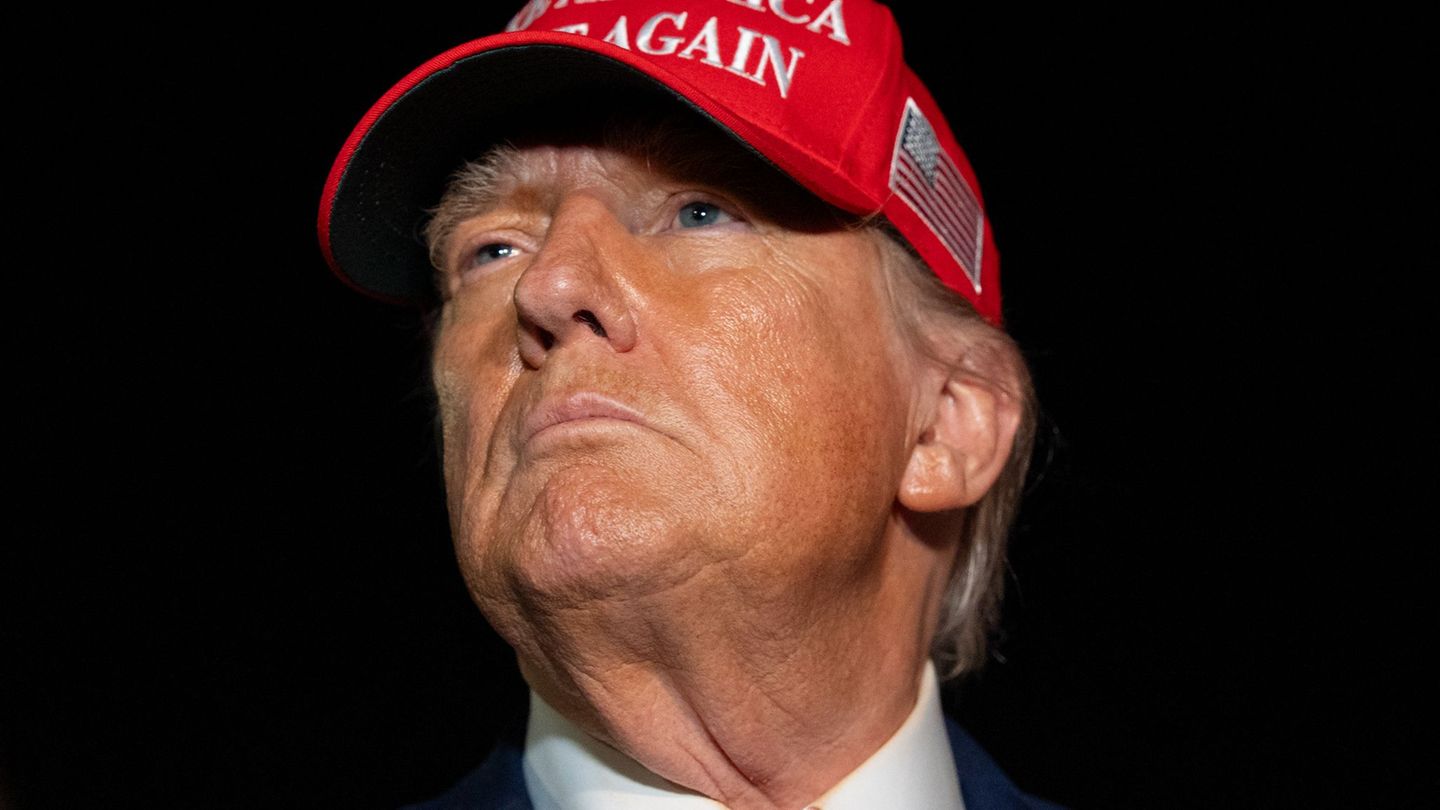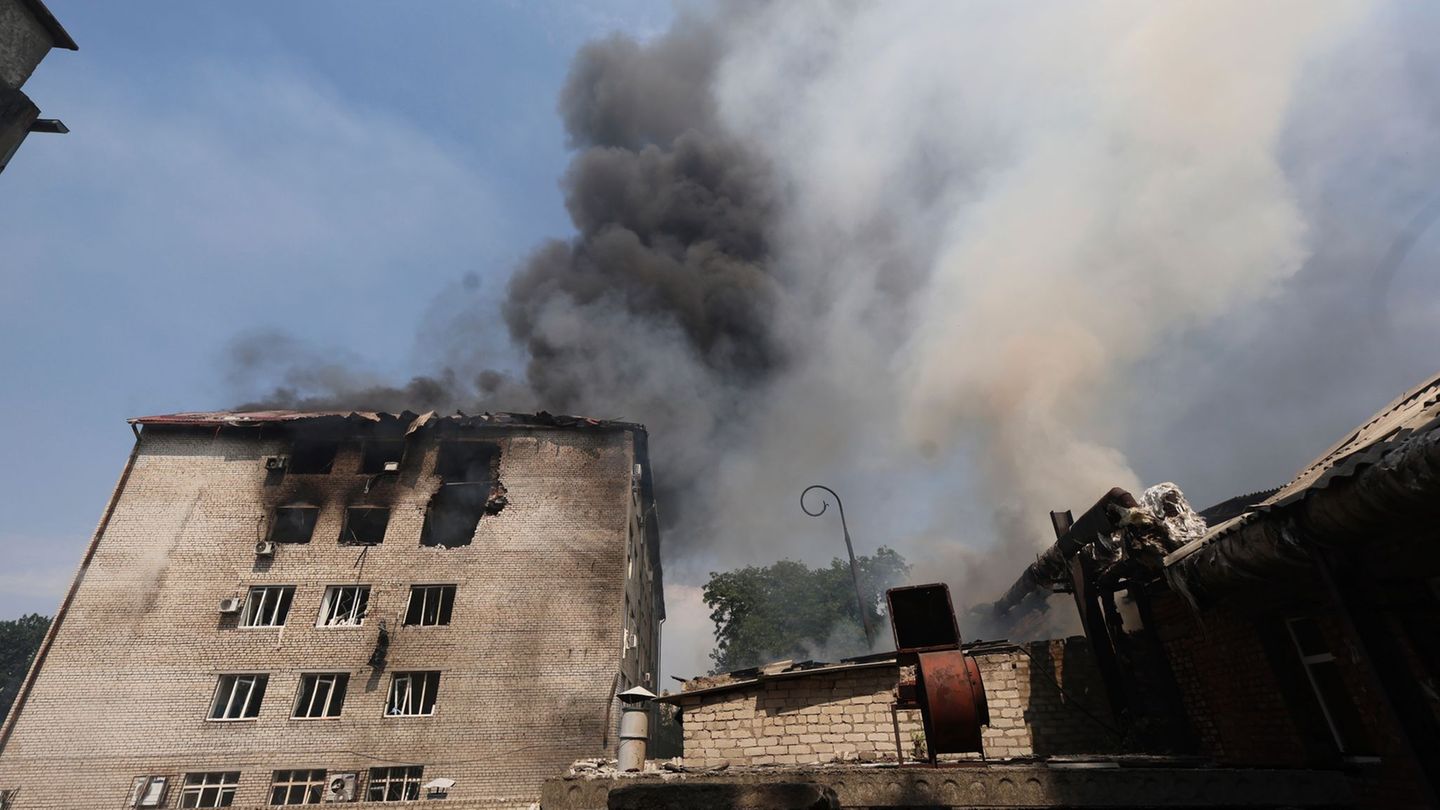Government crisis
Just new elections? Possible scenarios after the traffic light goes out
Copy the current link
After the traffic lights went out, Olaf Scholz announced a vote of confidence in the Bundestag. But other scenarios are also conceivable. This could continue.
The traffic light coalition has failed. Chancellor Olaf Scholz (SPD) wants to continue governing in a minority government with the Greens for the time being. In mid-January he intends to ask the Bundestag for a vote of confidence in order to clear the way for new elections. But other scenarios are also conceivable, and the opposition is calling for new elections as quickly as possible. What could happen next:
What is the situation after the traffic lights go out?
The remaining government alliance of the SPD and the Greens no longer has a majority in the Bundestag. With the FDP, 91 MPs were missing. Together, the SPD would have 207 seats and the Greens would have 117 and 324 votes. However, 367 would be required for majority decisions. A red-green coalition would therefore be a minority government and would therefore no longer be able to push laws through parliament on its own.
Could Chancellor Scholz be voted out?
Basically yes, practically hardly. The Chancellor can be voted out of office via a constructive vote of no confidence: According to Article 67 of the Basic Law, the Bundestag would have to elect a new head of government with a majority of its members. For this to happen, a new alliance made up of the CDU/CSU as the strongest opposition faction and the FDP would have to find around 80 more votes in parliament. If the Greens don’t also defect, this would only be possible with the AfD plus other MPs from either the Left or the BSW – a politically unthinkable constellation.
The infographic below shows the constitutional options for an early end to the chancellorship Germany:
When does Scholz want to ask the question of trust?
The Chancellor wants to submit the motion for the vote of confidence in the first week of the Bundestag in the new year, starting on January 13th. According to Article 68 of the Basic Law, the vote in parliament can only take place 48 hours later – Scholz therefore set the date for the vote on January 15th.
If the Chancellor loses the vote, Federal President Frank-Walter Steinmeier can dissolve the Bundestag within 21 days. If he decides to do so, new elections must take place within 60 days in accordance with Article 39 of the Basic Law. According to the Chancellor’s plan, new elections would have to take place no later than April 6th if all deadlines were exhausted. But Scholz spoke of “by the end of March at the latest”.
How often has the question of trust been asked so far?
This path was taken five times in the history of the Federal Republic: in 1972 by the then Chancellor Willy Brandt (SPD), in 1982 by Helmut Schmidt (SPD) and by Helmut Kohl (CDU) and in 2001 and 2005 by Gerhard Schröder (SPD). In the case of Kohl and, in one case, Schröder, the approach was controversial because both actually had sufficient government majorities. However, both chancellors saw new elections as an opportunity to strengthen their factions.
Why does Scholz only want to pave the way for new elections in January?
Scholz wants to bring bills through parliament by Christmas “that will not tolerate any delay.” According to him, these include compensation for the so-called cold progression in order to avoid higher tax burdens caused by inflation, the stabilization of the statutory pension, the rapid implementation of the European asylum reform and “immediate measures for our industry”. Scholz named the last meeting of the Federal Council on December 20th as the target point.
Is a minority government a novelty?
No, even if minority governments at the federal level have so far been rare. This was the case in 1966 under CDU Chancellor Ludwig Erhard and in 1982 under Helmut Schmidt of the SPD. Both minority governments only lasted a few weeks. In the first case, Erhard was replaced by his party colleague Kurt Georg Kiesinger, who managed to forge a grand coalition with the SPD; in the second case, Schmidt’s minority government ended with a constructive vote of no confidence, through which Helmut Kohl of the CDU became chancellor.
Are the chances of success for a minority government better today?
Barely. Red-Green would need partners for every decision on a case-by-case basis. The Union has already ruled out joining a government under Chancellor Scholz as a majority procurer. It would only help a minority government gain a majority in the Bundestag in individual cases, but considers the joint preparation of a 2025 budget with the SPD and the Greens to be unlikely. The Union is pushing for new elections as soon as possible.
The AfD also does this – and support from the right-wing party would be impossible for the red-green party for fundamental reasons. The Left and the Sahra Wagenknecht alliance, which split off from the Left, have too few representatives in the Bundestag to be considered as a majority candidate.
AFP
ros
Source: Stern
I have been working in the news industry for over 6 years, first as a reporter and now as an editor. I have covered politics extensively, and my work has appeared in major newspapers and online news outlets around the world. In addition to my writing, I also contribute regularly to 24 Hours World.






